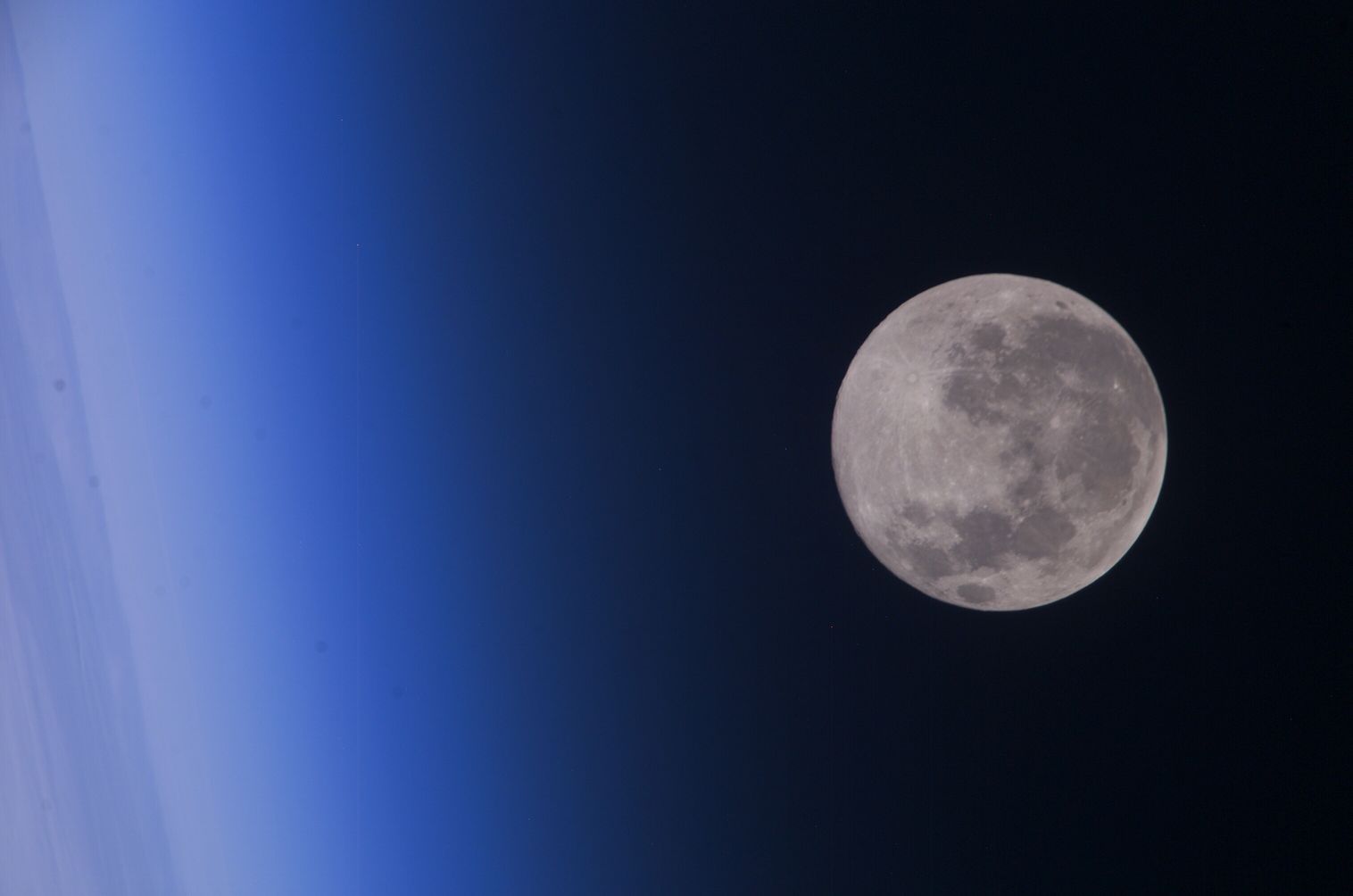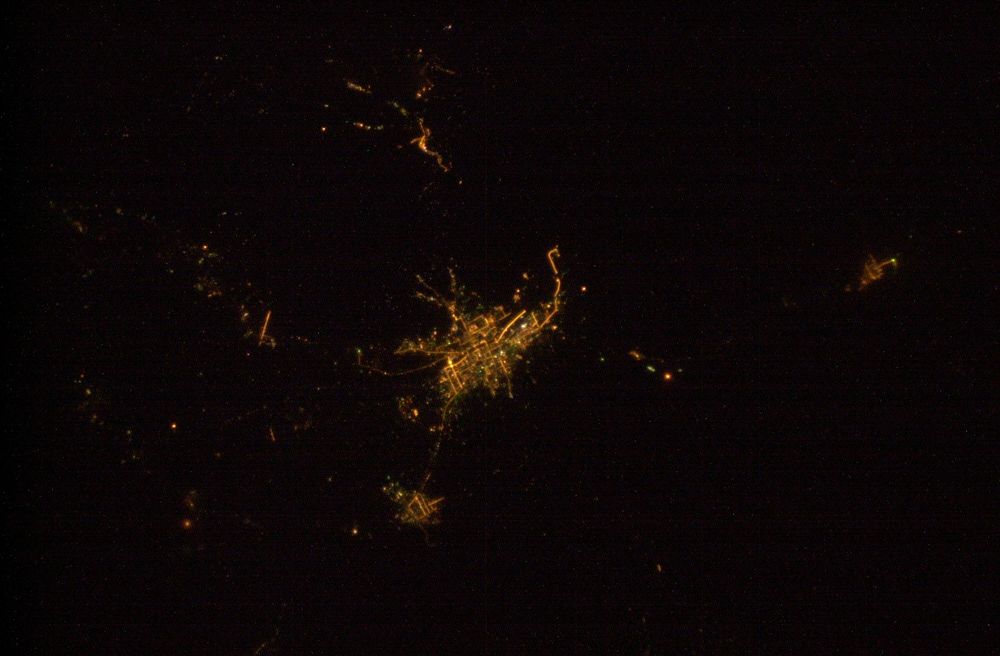With an impressive 5,500 hours logged in space and six space walks that total 36 hours, you could say that American astronaut Dr. Leroy Chiao is the best person to talk to with regards to space exploration. By living out a childhood fantasy that most of us have, Dr. Chiao is someone worth looking up to – not just because he’s a part of the NASA Advisory Council or served on the White House-appointed Review of U.S. Human Spaceflight Plans Committee, but also the fact that he is using his expertise and know-how to inspire the next generation of astronauts to fully live their lives and chase their dreams.
Many children dream of becoming an astronaut and you are the embodiment of that dream. Was it as amazing as you thought it would be?
I first wanted to become an astronaut when Apollo 11 landed on the Moon. I was 8 years old then and I wanted to be like the two astronauts on the Moon. I could think of nothing more exciting than flying in space. I was single when I was selected, and for most of my NASA career. I can still remember it clearly: It was early in the morning in California and the Chairman called me and woke me up. It was a life changing phone call and I was elated, of course!
Being an astronaut is, as you can imagine, wonderful and fantastic. When you’re up there, the Earth is much more beautiful than I imagined and it exceeded my expectations.
What was your first time in space like? Did you feel the same sense of excitement on the following trips?
Of course I went through all of the training, but I would say nothing really prepares you for your first experience in space. I looked back at the Earth and was taken aback by the brightness of the colors, especially the bright blues from the sunlight passing through the atmosphere! Subsequent trips are also exciting, but there’s nothing like the first time.
What steps did you take to fully become a NASA astronaut? What was the experience like and what memories and lessons stood out for you?
You apply for NASA and amongst thousands of applicants, they’d whittle it down to about 100 people (in my year, 1990). You were selected based on work record, grades, and the medical examination. About half do not pass the medical exam and from there, the remaining 50 are selected based on interviews.
Astronauts are always training, and it includes spacecraft systems lectures and sessions in the spacecraft simulators. We also train on mock-ups and simulators of the experiments we will execute. We fly the T-38 aircraft to stay proficient in the flight environment. We train on all aspects of the spaceflight, including robotic and spacewalking operations. We also train on malfunction and emergency procedures. Once we get to space, we put all of this into practice.
The most memorable moment in space was on my third mission. We were the second major assembly mission of the International Space Station program. I was on my second spacewalk of the mission, and for a few minutes, I had my spacesuit boots fixed to the Shuttle robotic arm and was being moved from one part of the station to another. During that time, I was face down to the Earth and could not see either the ISS or the Shuttle out of my peripheral vision. I watched the continents and clouds roll by and felt like a satellite flying over Earth.
Another memorable moment was landing after my space station mission. I had been the commander, so I had overall responsibility for the success of the flight. Also, this was the only long mission I had been on (6 and a half months) – Shuttle missions were typically 10-14 days in duration. When the rescue team opened the hatch to the Soyuz spacecraft, I smelled muddy grass. It was a wonderful smell, because it triggered a flood of memories of being on Earth. I knew I was home!
Once all of your duties for the day are done and you find time to yourself, what do you do?
In my free time, I was always looking out the windows and taking photos. Everywhere on the Earth is beautiful in its own way. Even some of the most desolate areas are interesting.
On Earth, we take a lot of things we do daily for granted – drinking, showering, going to the toilet, etc. How do you deal with all of that in space?
As everyone knows, there is zero gravity in space and you can’t simply place something on a table because things float away. Usually, lost items get caught in the air-filter on board the rocket. You eventually figure out how to keep items together with a rubber bungee or using a piece of tape to catch your nail clippings so they don’t float around in space.
Talk to us about your business venture – OneOrbit. What was the impetus for starting it?
The company is named OneOrbit as it refers to your life – you only get one orbit, and our tagline is “Make The Most Out Of Your Orbit”. I started it because I felt the need to share my experiences as an astronaut to inspire more people the reach their dreams.
At OneOrbit, we do corporate training and speeches on the innovation of technology, consult on movies and television programs like Armageddon, and a few I can’t mention as they are still in development.
Can you tell us more about the upcoming Astronaut Camp at Sea aboard the Genting Dream? Who is it open to and what can they expect from the experience?
Inspiring the next generation is the passion of OneOrbit. We get kids and families excited through our astronaut experiences program, using the exciting backdrop of space exploration. We encourage young people to discover their own passions and to dare to pursue them. These programs are open to all ages, and families are encouraged to participate together. We make short presentations, followed by hands-on STEAM activities.
As someone who has been part of the evolution of your industry, what does the future hold? What should we be excited about?
I am excited about the future of space exploration. The commercial sector, led by companies like SpaceX and Blue Origin, have exciting visions and committed leaders. China is also very interesting, in that they will soon begin construction of their own space station. In addition, China has announced plans to land their astronauts on the Moon, sometime in the 2030s.
For more information on the Astronaut Camp at Sea, visit www.dreamcruiseline.com













 Back
Back